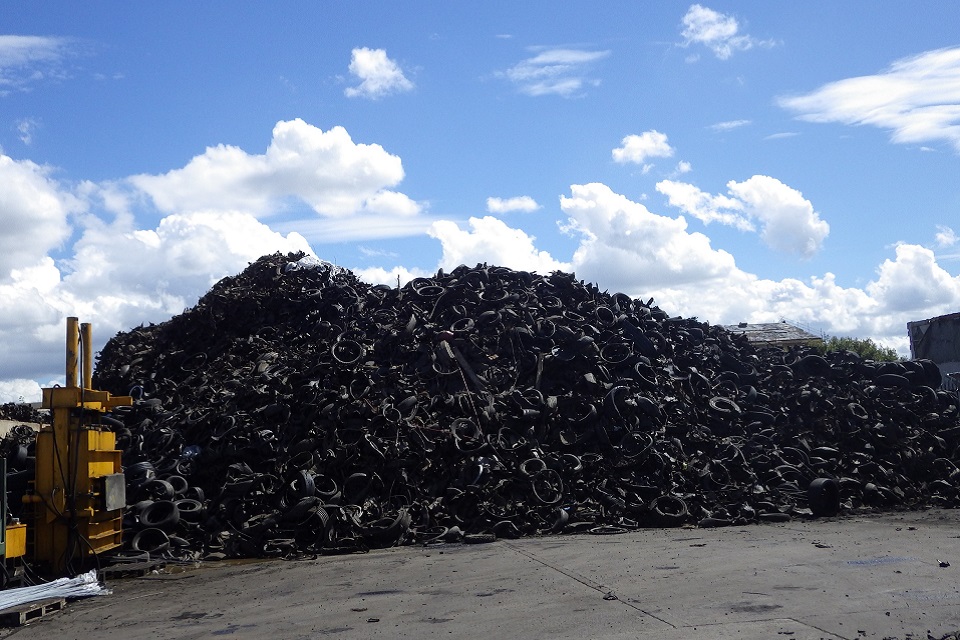Councils in England will receive an additional £29 million to boost their support for unaccompanied asylum seeking children (UASC) and care leavers, Secretary of State for Housing, Communities and Local Government Sajid Javid confirmed today (16 January 2018).
Today’s funding builds on the work government is already doing through its safeguarding strategy to address the specific challenges faced by some of the most vulnerable children in society, and the professionals who care for them.
This funding will enable some councils to step up their support by providing homes for asylum seeking children that are currently resident in other local authorities that are operating at full capacity.
It will also allow councils to reduce local resource pressures to the benefit of their wider communities.
Communities Minister Lord Bourne said:
We have a proud history of hosting, supporting and protecting those in need, including some of the most vulnerable children. This new funding will enable more councils across England to provide support to those children who need a place to call home.
The funds will also bring a range of benefits to the whole community by increasing the number of foster carers available and reducing pressures on existing services.
We are grateful to councils who continue to provide care and support to vulnerable children, and it’s encouraging to hear of the enthusiasm among councils in welcoming more children to their areas, especially where they haven’t had an opportunity to do so previously.
Today’s announcement of £29 million will increase capacity to support asylum-seeking children and builds upon government’s existing projects around refugees and migration, including:
-
The £100 million Controlling Migration Fund to alleviate pressures on local services such as housing, education and health services resulting from recent migration. Many of the projects funded also support migrants to integrate into their communities, for example by providing English language classes. £16 million from the Controlling Migration Fund is included in the total announced today.
-
We increased the funding we provide to local authorities by 20% for unaccompanied asylum seeking children under 16, and by 28% for unaccompanied asylum seeking children aged 16 or 17. We also increased the funding we provide for former unaccompanied asylum seeking children who go on to attract leaving care support by 33%.
Case studies
Shropshire
Shropshire will use £170,000 of funding to welcome more children into the area, in part to reduce pressures on neighbouring local authorities. Council leaders are developing specialist support to achieve this, including training for foster carers and expanding English language teaching across the county. In 2016 to 2017 the county supported 14 unaccompanied asylum seeking children, with an ambition to welcome an additional 42 children in the coming months.
North Yorkshire
A groundbreaking new approach to welcoming asylum-seeking children in North Yorkshire will provide young people with a chance to integrate fully with their communities through an intensive 12 week programme involving introductions to the region and British culture, fast tracked English language lessons and peer mentoring.
Devon
Devon will use £145,000 to support community volunteers and local residents who want to help welcome child refugees to their communities
Croydon
Croydon propose specialist training and support for over 360 existing foster carers to help them understand cultural barriers and to promote the integration of vulnerable children into British society.
The government is currently conducting a review of the funding arrangements for England’s 4,560 unaccompanied asylum seeking children in partnership with local authorities.
The Controlling Migration Fund is designed to support local areas facing pressures linked to recent immigration.
See further details of the successful bids for funding being announced today in the Controlling Migration Fund unaccompanied asylum seeking children successful bids table (PDF, 106KB, 6 pages)
See further information on the additional funding allocation to help local authorities build their capacity to care for these vulnerable children in the UASC additional funding allocations table (PDF, 55.8KB, 6 pages)
The £28.9 million announced today includes £19 million announced by the Secretary of State for Housing, Communities and Local Government Sajid Javid in the House of Commons on 19 December 2017.
£9 million has been allocated today towards specific projects from the Controlling Migration Fund, the additional £20 million will be shared between all local authorities currently supporting more than 10 asylum seeking children.
This government believes we must do more to make sure nobody is excluded and everyone has the opportunity to fulfil their potential. Bringing the country even closer together is a shared responsibility. For its part government is fully committed to helping people in more isolated communities to engage with the wider world, help new arrivals to this country to learn about and respect British culture and values and help more people to learn English. We will be bringing forward our strategy to further strengthen community integration shortly.
The National Transfer Scheme was launched in July 2016 to ensure a fairer allocation of unaccompanied asylum seeking children across the UK. A significant number of local authorities from all regions in England have participated in the scheme so far. As a result the National Transfer Scheme has successfully transferred a large number of children away from local authorities with a disproportionate number of unaccompanied children in their care.
The next wave of allocations from the Controlling Migration Fund will be announced in the coming months.
Local authorities who look after unaccompanied asylum seeking children receive £41,610 a year for under 16 years old, and £33,215 a year for those aged 16 and 17. We also provide local authorities with £200 per week for former unaccompanied asylum seeking children who go on to leaving care leavers support.


